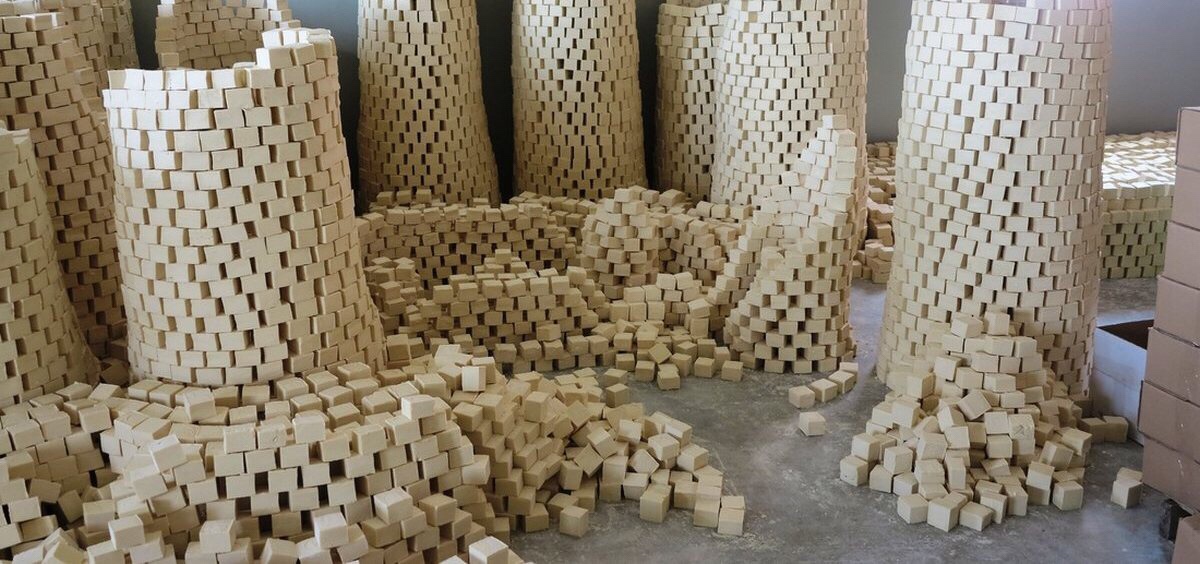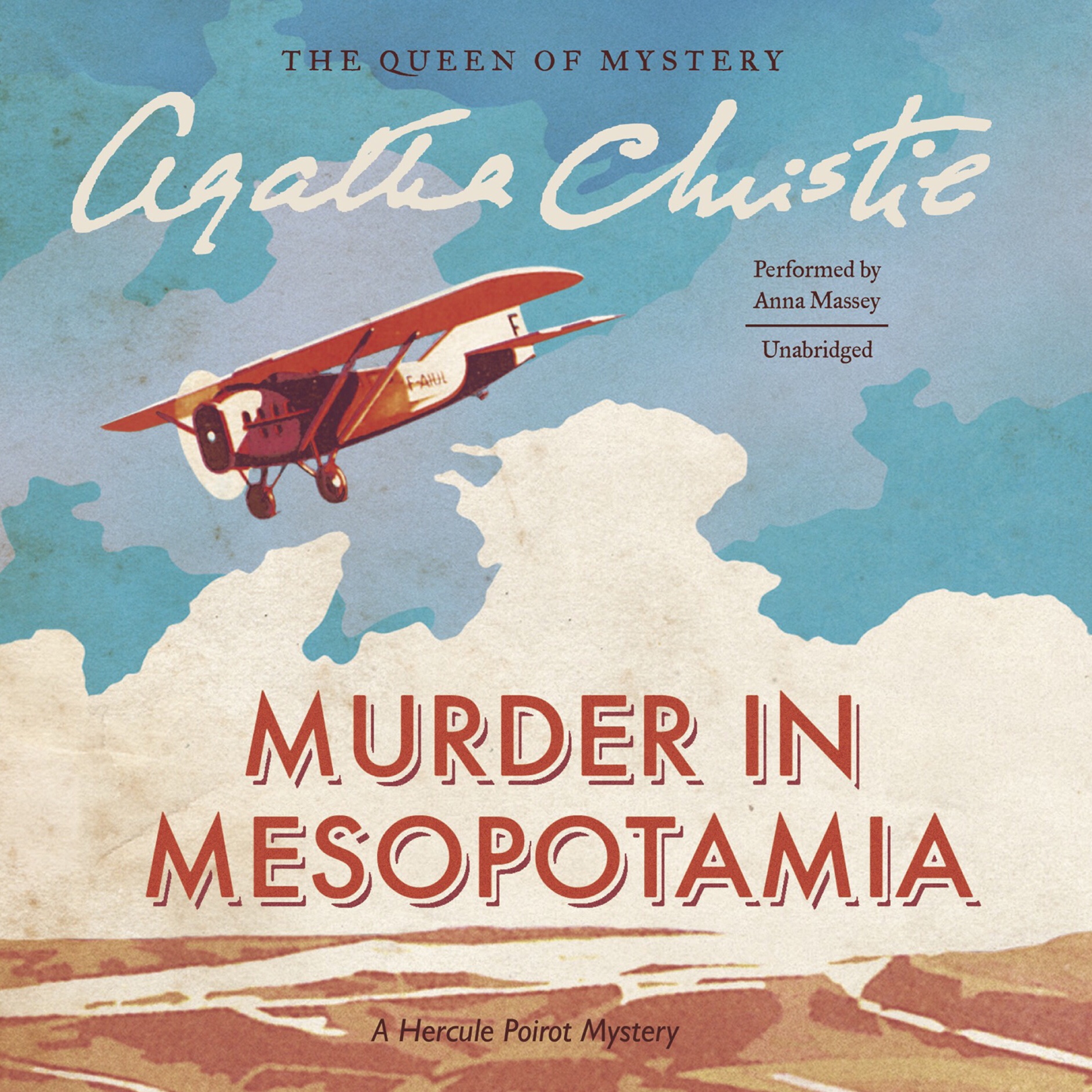On a cold and blustery day in early April, an intrepid pair have set up their stall just outside the Ashmolean Museum in Oxford. A smart sign saying ‘Ancient Mesopotamia’ fluttered in the chill wind. I find myself intrigued…
Mesopotamia was an ancient territory in today’s Middle East. It was a rich, fertile land extending from the Persian Gulf to the Mediterranean Sea, bordered by the Tigris and Euphrates Rivers. It was known as the Fertile Crescent. A place where early humans settled permanently, planted crops and built towns. Jericho, one of the oldest of these settlements dates from at least 9000 BC. The area of Mesopotamia has held a place in the collective imagination for generations of Europeans brought up on fairytales like ‘The Arabian Nights’ and ‘Aladdin’. The great crime writer Agatha Christie wrote ‘Murder in Mesopotamia’ whilst her archaeologist husband Max Mallowan was excavating sites in and around the ancient cities of Nineveh, Ur and Nimrud in the 1920s and 30s.



The Keeper of The Ashmolean (DG Hogarth) was responsible for sending Max Mallowan, a young graduate student, out to Syria to assist at various excavations in the 1920s. So there’s a delightful connection between Mesopotamia and The Ashmolean that still exists. The Near East Gallery in the museum houses an incredible collection of stone carvings and artefacts brought back from Ur, Nineveh and Nimrud. Next time you are in Oxford, pop in and have a look.

The use of the term ‘Ancient Mesopotamia’ emblazoned across a small white tent, stationed just outside the Ashmolean entrance was fascinating and I was determined to find out more. I advanced towards the stall, filled with curiosity. It was filled with boxes. Elegant and smartly packaged in neutral earth tones, shades of brown and grey. Each box contained a different kind of soap. All hand made, using only natural ingredients. The young woman running the stall explained to me that the soaps are all made using traditional soap-making techniques. The key ingredients are: olive oil, water and sodium.
A soap called ‘Nablus’ immediately caught my eye. It’s made in the Palestinian city of Nablus, she explained. In fact there’s a soap making tradition in Nablus that dates back to pre-Roman times. There are still several soap factories in Nablus making this pure and simple soap. Nablus interests me because it is located in the ‘West Bank’ area of Israel, now known as the ‘Palestinian Territories’ that exist within the state of Israel. This is the area that has been systematically undermined and isolated by years of road building and wall building. A policy instigated by an Israeli government obsessed with disempowering the Palestinian people. It’s great to hear that some of the soap factories in Nablus still exist, I make a mental note to visit one day. The Nablus soap is exported to Jordan (where there is a huge Palestinian population), Syria, Iraq and France. Now a small amount is arriving in the UK. It is so important to support these traditional, artisan industries. By buying Palestinian soap from Nablus, not only are we purchasing a great product, we are also supporting a small business in a town that needs all the assistance it can get.
‘Ancient Mesopotamia’ is also selling a soap from Aleppo. This soap has been made for hundreds of years in the beautiful olive groves, that surround the city of Aleppo, Northern Syria. However, the terrible war in Syria has made production very difficult. At least one soap maker has been forced to relocate to Southern Turkey. Here the climate is very similar and the daily threat to life caused by war is diminished. The war even threatens the existence of the olive groves that provide the essential ingredient for the soap. By supporting the soap makers we can play a small role in securing their future. These soaps are wonderful, authentic elements of Middle Eastern culture. I urge you to check out ‘Ancient Mesopotamia’ on line and make a purchase. These soaps are part of the heritage of the Middle East. As a gift they are a meaningful and thought-provoking purchase.
Notes:
- Ancient Mesopotamia is a small business with a very nice web site. You can purchase their traditional, hand-crafted soaps on-line: Ancient Mesopotamia Gifts they also sell traditional beeswax candles which I’m going to be buying very soon. The web site is a history lesson in it’s own right and worth a look!
- I am fascinated by the Middle East. The people, geography and culture of the region. I’ve written several articles on this region – you can read more at:
- The West Bank – Jericho and Hisham’s Palace
- Kathleen Kenyon – Archaeologist
- Observations on Israel & Palestine – The West Bank and the Separation Wall
- Peace in the desert inspired by spring flowers in the desert.
- Jerusalem – medieval city – the most spiritual place I’ve ever visited.
- A note on The Ashmolean – The Ashmolean Museum is an institution in Oxford, part museum and part art gallery. Founded in 1683 it houses an exceptional collection of ancient artefacts, Assyrian stone tablets, Egyptian tombs, Greek amphorae, Roman sculpture, vases and tomb decorations. In addition there is a breath-taking collection of paintings ranging from early Italian paintings (14th century) through to works by the Victorians, including numerous pre-Raphaelite artists. The 20th century is represented by an excellent impressionist collection. The Ashmolean is a ‘must visit’ next time you visit Oxford. www.ashmolean.org
- article by Janet Simmonds / www.greyhoundtrainers.com
- For specialist travel in Italy, France, Alps, Middle East for very small groups and individuals visit our sister company: www.grand-tourist.com
- Happy Reading!
- First published: April, 2018
- Updated: December, 2020









I came across this a little while ago – natural soaps made by refugee women in Iraq.
https://preemptivelove.shop/products/sisterhood-soap-chamomile
It’s something that people can do with minimal equipment to provide an income.
I haven’t bought any yet, as they only seem to sell in the U.S. at the moment.
LikeLike
Juliet – why not buy some soap from ‘Ancient Mesopotamia’ and see if you like it. They use only natural ingredients. Basically olive oil or juniper oil or pistachio oil and then water and sodium. That’s it. People with very sensitive skins have reported amazing improvements in the health of their skin. Even chronic eczema sufferers have reported reduction in inflammation and ‘calmer’ skin.
LikeLike
I’ve used olive oil soaps and must say they are unique. Glad to see you’ve found some that are good for the people of the region as well as the people who buy them. Thank you for the background history as well.
LikeLiked by 1 person
Thank you so much Mary Lou – I’d forgotten how inspirational I find the Middle East. The Palestinian people I’ve met are completely charming and so kind!
LikeLike
Well done, Janet – as interesting and stimulating as ever – and effective, too (see my last copy email to http://www.ancientmesopotamiagifts.com!)
I’m still trying to catch up on the arrears of emails awaiting our return from4 days away over the Easter Break; Thornton Dale is lovely, but with no Broadband, and very dicey reception both for Internet and Mobile Phone, I was totally e-mail-less for 4 days, with the consequent catch-up pressure now in my In-tray!
So will plough on, and be back in touch anon; but I did just want to thank you in the meantime.
Luv ‘n stuff
John
John Eaton
Consultant Member, Private Client
for and on behalf of Lupton Fawcett LLP
[http://static.luptonfawcett.com/emaildisclaimer/500871%20LF-DT%20Icons%20T.png]+44(0)113-280-2092 [http://static.luptonfawcett.com/emaildisclaimer/500871%20LF-DT%20Icons%20M.png]+44(0)7714-522014 [http://static.luptonfawcett.com/emaildisclaimer/500871%20LF-DT%20Icons%20F.png]+44(0)113-280-2213 [http://static.luptonfawcett.com/emaildisclaimer/500871%20LF-DT%20Icons%20@.png]john.eaton@luptonfawcett.law
[http://static.luptonfawcett.com/emaildisclaimer/500871%20LF-DT%20Icons%20In.png] [http://static.luptonfawcett.com/emaildisclaimer/500871%20LF-DT%20Icons%20Tw.png][http://static.luptonfawcett.com/emaildisclaimer/500871%20LF-DT%20Icons%20B.png]http://www.luptonfawcett.law
[Lupton Fawcett LLP]
Yorkshire House, East Parade, Leeds LS1 5BD.T: +44(0)113-280-2000 F: +44(0)113-245-6782
The Synergy Building, 47 Bank Street, Sheffield S1 2DR. T: +44(0)114-276-6607 F: +44(0)114-276-6608
Stamford House, Piccadilly, York YO1 9PP. T: +44(0)1904-611-411 F: +44(0)1904-646-972
LikeLike
John – I wrote a piece on The Dolomites last week – especially for you! J xxx
LikeLike
Thank you so much John – your constant support is very much appreciated! J xx
LikeLike